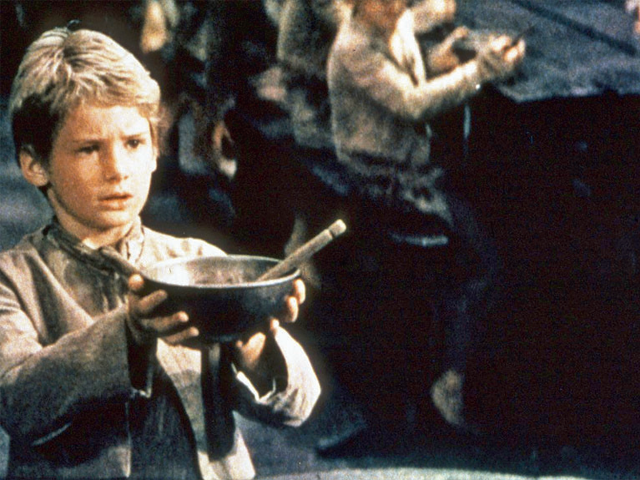Switzerland recently held a referendum on a Universal Basic Income (UBI) for all citizens. Voters rejected the proposal 77 per cent to 23 per cent because of its prohibitive cost and implicit reward for idleness. But the idea has caught the imagination of intellectuals across the world and in India. UBI is the centrepiece of Vijay Joshi’s latest book, India’s Long Road: The Search for Prosperity. It has been advocated by economists like Pranab Bardhan and Maitreesh Ghatak.
Many leftists welcome UBI as a fundamental right, and an antidote to poverty. Many rightists see it as a way of demolishing and replacing wasteful, corrupt subsidies doled out by welfare bureaucracies, meeting social obligations without weakening work incentives significantly.
Employed, not entitled
I oppose the idea as conceptually flawed and impractical. My ideal is an empowered citizenry that takes pride in standing on its own feet and not depending on government doles. The government needs to support this with high-quality public goods and safety nets. That’s not easy, but nor is any other ideal.
I reject as absurd a UBI that benefits Mukesh Ambani, Ratan Tata and illiterate villagers equally. Universal rights are fine if they cost no money (like free speech or religion). But entitlements are not rights, and should be restricted to the needy.
Targeted schemes have been very leaky in India, with many errors of inclusion (of the undeserving) and exclusion (of the deserving). Universal schemes have fewer errors. But if UBI, to reach the bottom half, provides an equal benefit to the top half, that locks in a 50 per cent leakage.
To help overcome inequality and poverty, the government must finance or provide public goods that promote equality of opportunity. Every village should have a good school and health centre, electricity, pukka roads, telecom, easy access to safety nets, a good police-judicial system and administrators that quickly redress grievances. That’s a much better goal than a cash dole for all.
India’s greatest inequality is not in income but in opportunity. The elite effortlessly reproduce themselves, and even mediocrities flourish because they have access to the best education, medical services and connections to political and business networks. By contrast, the brightest in villages have scant chance of progress because of pathetic government services that keep them functionally illiterate and unable to develop human capital. A small cash dole will be a palliative, but not a cure for this entrenched inequality of opportunity.
Economist Guy Standing highlights a pilot project in Madhya Pradesh giving unconditional grants of Rs 300 to adults and Rs 150 to others. A couple with three children would get Rs 950 a month. Standing says the pilot project improved several outcomes. This is unsurprising. A substantial injection of cash into a poor area should have positive results. But note that the cash grants were in addition to — and not a substitute for — sundry other government subsidies, schemes and public services. Universalising that would be unaffordable.
Standing finds that the cash grants in Madhya Pradesh did not reduce the incentive to work. However, studies of Sri Lanka’s 1970s ‘free rice’ scheme showed a clear withdrawal of people from work. Cash grants in the US gave welfare a bad name, and President Bill Clinton’s reforms substituted welfare with workfare.
Cash makes waste
Global experience shows that free cash can have deleterious consequences for work culture and family structures. Families are a natural insurance mechanism. But welfare reduces the incentive to stick together, leading to fewer married couples and more children born out of wedlock, both of which worsen poverty.
Providing Rs 950 to every individual will cost over 10 per cent of GDP. This is plainly unaffordable at a time when the central and state governments seek to cut their fiscal deficits. It’s politically impossible to shut down basic government services to finance UBI. Joshi, Bardhan and Ghatak point to the ample scope for reducing tax breaks and evasion. But much of that extra revenue is needed to beef up public services, of which the police and courts merit high priority.
Cash grants in lieu of benefits-in-kind (like subsidised cooking gas, kerosene or fertilisers) hold promise.
They benefit only existing beneficiaries and are self-financing. They reduce, although they do not eliminate, errors of inclusion and exclusion. But UBI will require enormous additional financing.
Besides, democratic politics promotes competition in populism. Optimists hope that cash grants will become complete substitutes for benefits-in-kind, such as ration shops, schools and health clinics. Some analysts advocate education and health vouchers rather than cash. But it’s politically impossible to provide grants or vouchers equal to the cost of public services, and then disband the latter.
Trade union pressure will prevent the disbanding of lakhs of government employees in education and health. More likely, political competition will drive political parties to promise both cash and kind, creating huge fiscal pressures.
The Mahatma Gandhi National Rural Employment Guarantee Act and cash doles can be palliatives. But the cure lies in improving state capacity and the quality of public goods. Providing human capital to the poor is far more important than cash grants. Providing equality of opportunity is far more important than doles.


